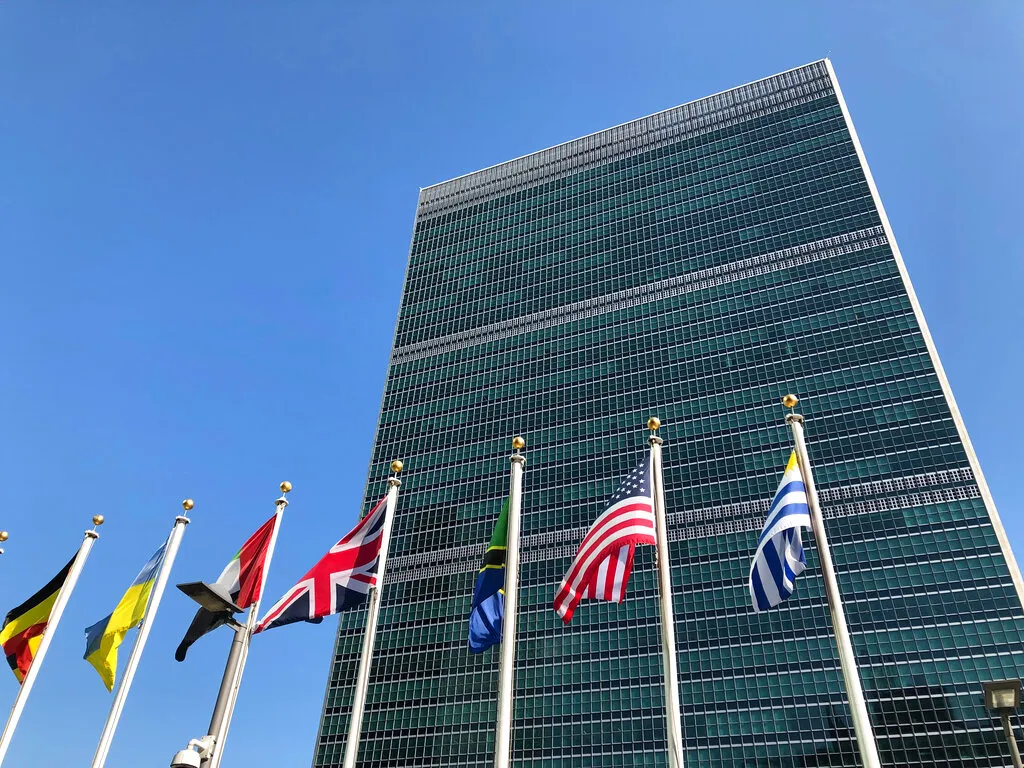Global Tax Code and Its Threat to US Sovereignty

Global Tax Code Endangers US Sovereignty and Businesses
The Biden administration is encouraging foreign governments to impose additional taxes on U.S. corporations, which would be passed along to workers and consumers. This raises serious concerns as more American citizens focus on maintaining reasonable consumer prices with their paychecks. The UN is potentially considering a majority vote to tax American companies, causing uproar over supposed violations of existing trade agreements.
Impact on American Influences
Corporations typically shift a substantial share of tax burdens onto workers and consumers. Additional taxes from other nations can lead workers to face significant challenges regarding income and spending. Citizens are concerned about the implications of foreign governance seeking to dictate corporate taxation in the U.S.
The Shift from OECD to UN
Historically, the OECD's mission transitioned from promoting economic development to enforcing a global tax regime. This major shift has been actively influenced by the Biden administration, permitting foreign entities to impose taxes on U.S. companies, often with minimal regard for existing agreements.
- Countries like China may benefit significantly from OECD rules targeting U.S. stakeholders.
- The move to UN governance could compromise U.S. interests as a simple majority could dictate new tax structures.
- Rising pressures in U.S. negotiations may increase reliance on multilateral treaties that threaten economic viability.
Recommendations for U.S. Fiscal Strategy
To safeguard American businesses, the U.S. should pursue bilateral treaties that favor domestic interests over multilateral constraints. Expanding treaties that respect American sovereignty promises a better economic outlook. Moreover, the U.S. must firmly oppose discriminatory and extraterritorial taxes that undermine its corporate structures.
This article was prepared using information from open sources in accordance with the principles of Ethical Policy. The editorial team is not responsible for absolute accuracy, as it relies on data from the sources referenced.